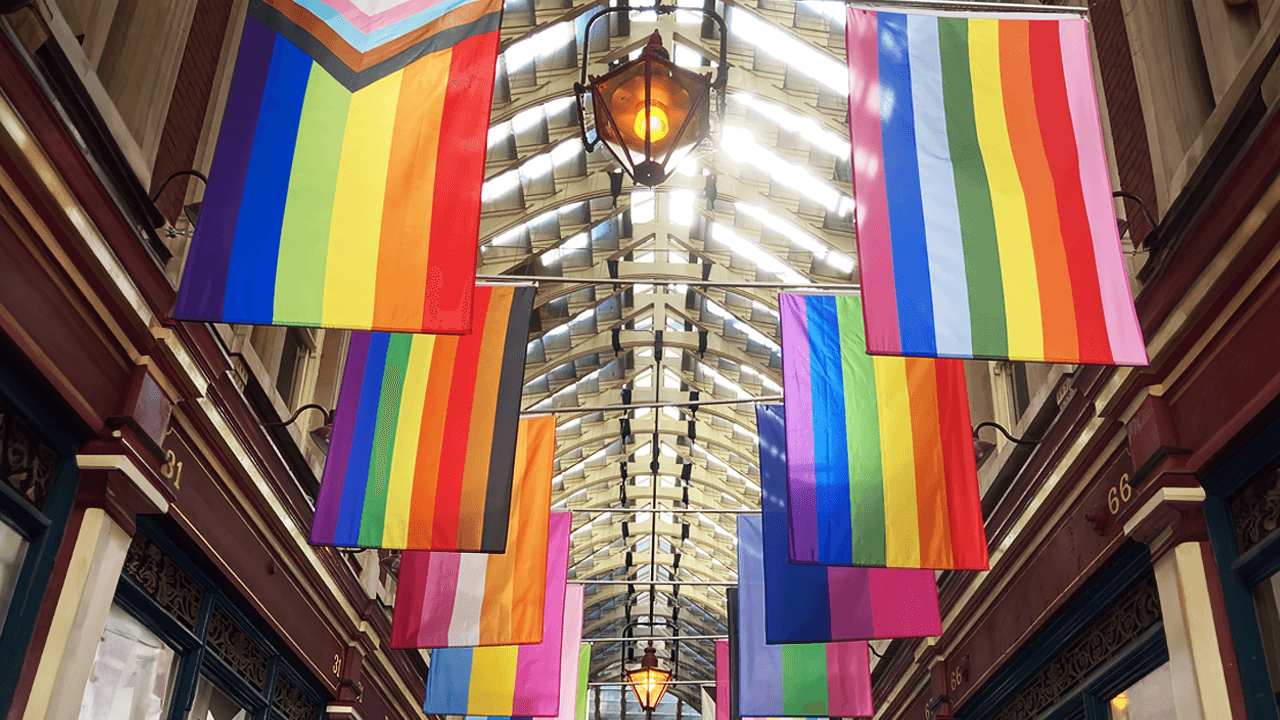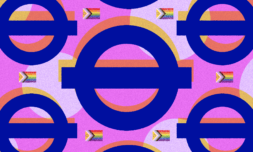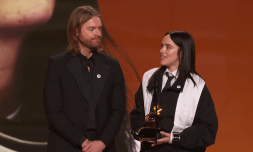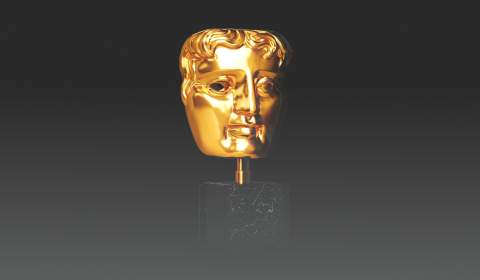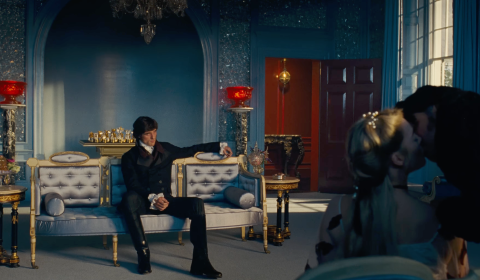Your definitive guide to the best queer literature you need this summer.
We all know that Pride Month isn’t just a time for celebration. It’s also a time for reflection, community, and storytelling. And what encapsulates this trifecta more than a good bit of queer literature?
From books to journals and speeches, the words of queer writers have always been a radical act: a means of documenting desire, identity, loss, love, and resistance in a world that has too often tried to erase it. And as Pride celebrations become increasingly commercialised, it’s more vital than ever to spotlight the voices that have shaped – and continue to define – this community.
Whether you’re seeking something poetic, political, or heartbreakingly human, these seven books offer a rich spectrum of LGBTQ+ experience — destabilizing the center across continents, generations, and genres.
So head to your nearest (ideally independent) bookstore, add these texts to your basket, and thank me later.
Love in Exile – Shon Faye
Combining the personal and the political, Shon Faye’s emotive memoir tracks her own relationship with love amidst a heteronormative and misogynist world. Love in Exile is a sharp, often devastating meditation on what it means to love under capitalism – both as a trans person and, frankly, anyone with a beating heart.
Following on from her hit non-fiction book The Transgender Issue, in which she explored the subject of trans liberation in Britain, Faye now turns the gaze inward to unpack her understanding of romantic love and how this shapes her identity as an adult.
What ultimately sets this text apart from other musings on modern romance is it’s undercurrent of optimism – balancing a sharp critique of our contemporary notions of co-dependence, masculinity, and togetherness with a hopeful belief that love belongs to all of us, if only we learn to view it a new and open-minded way.
On Earth We’re Briefly Gorgeous – Ocean Vuong
A novel as searing as it is tender, On Earth We’re Briefly Gorgeous traces the overlapping traumas of queerness, migration, and intergenerational violence.
Written as a letter from a son to his illiterate mother, Vuong’s semi-autobiographical work examines how language can both liberate and estrange. Its queer love story – as vulnerable as it is brutal – exists against a backdrop of war, poverty, and the relentless pressures of assimilation.
It is, ultimately, a meditation on the cost of survival in a world that was designed to work against you.
The Song of Achilles – Madeline Miller
Fair warning, you’ll want to get the tissues out for this one. A retelling of Homer’s Iliad, Madeline Miller’s novel reclaims the love between Achilles and Patroclus from centuries of euphemism and subtext, and has become something of a modern queer classic.
By rendering this love story explicit, luminous, and devastating, Miller reclaims a relationship that has too often only been queered in subtext. But The Song of Achilles owes much of its success to the fact that it’s ‘not just a love story.’ Rather it’s an exploration of how desire collides with empire, masculinity, and the machinery of war.
With page-turning prose and a vivid fantasy world, Miller reminds us that queerness has always existed – even if history has tried to write it out.
happy last day of pride month, here are some of my favorite queer sci-fi/fantasy books 🫶✨ pic.twitter.com/fqd6Mtm36b
— austin 🩵✨ (@angst_in_space) June 30, 2025









